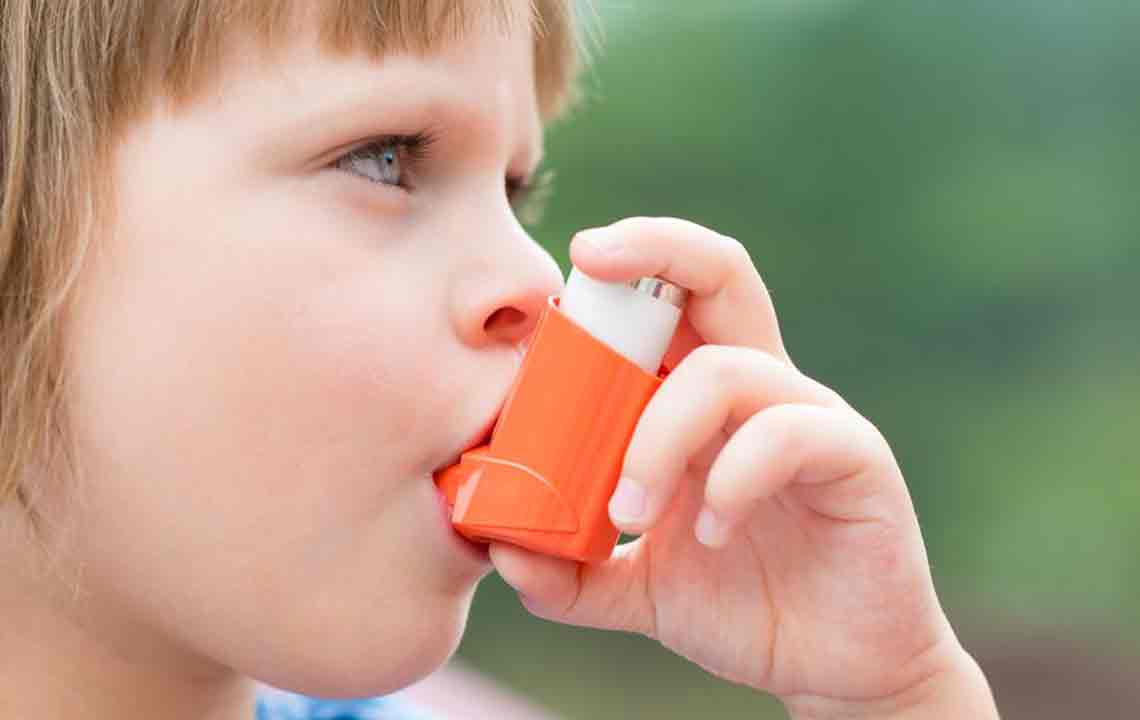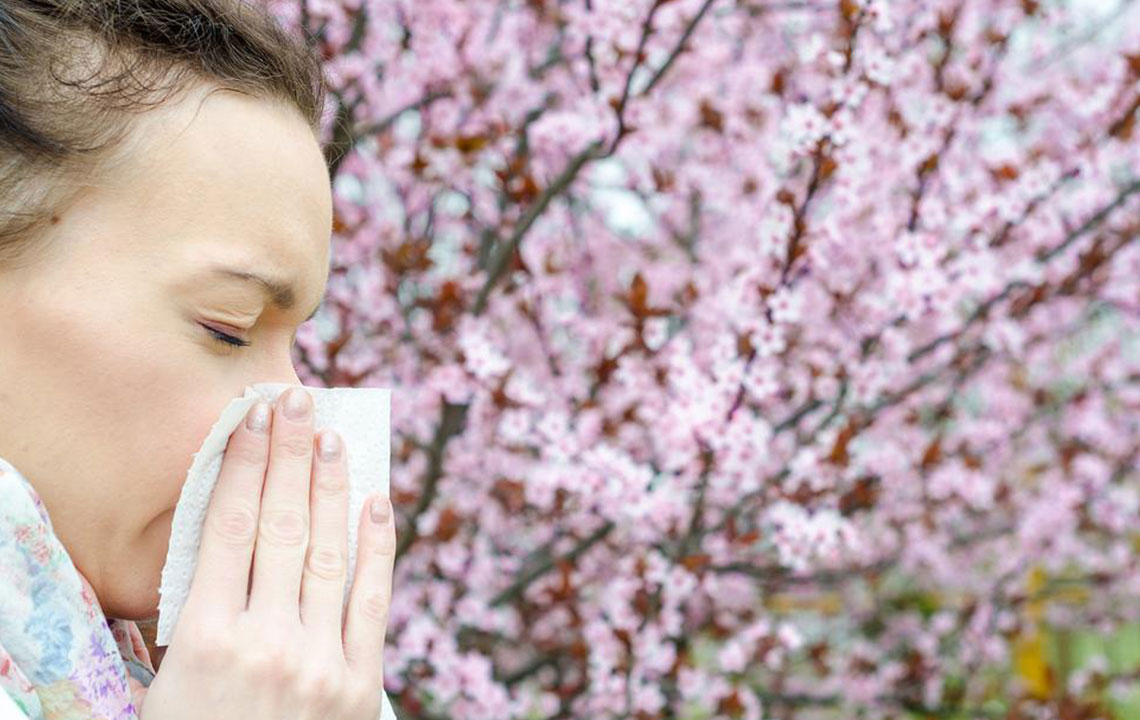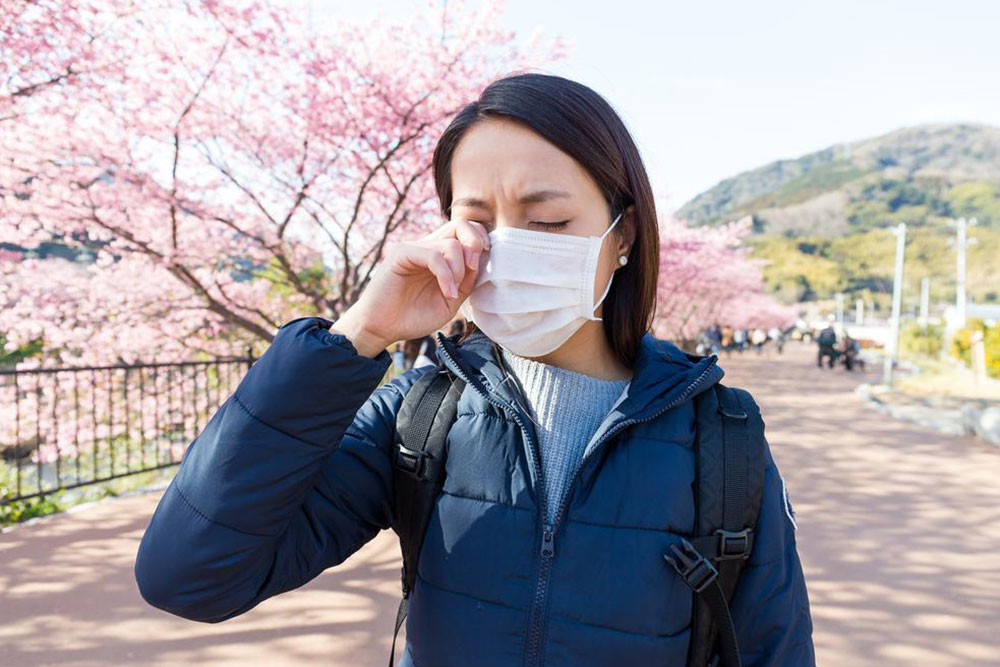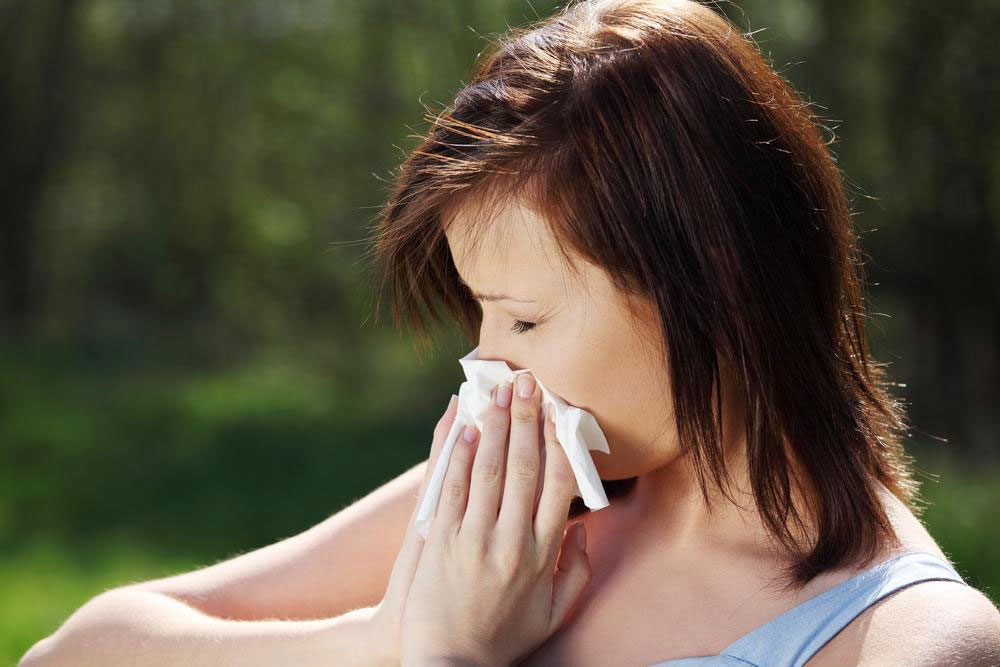Effective Strategies for Managing Pollen Allergies
Learn effective strategies for managing pollen allergies, including understanding pollen's role, preventive medication use, and quick relief methods. Discover how allergy treatments work and tips to minimize symptoms during high pollen seasons. Proper management can improve quality of life for allergy sufferers, even without a cure.
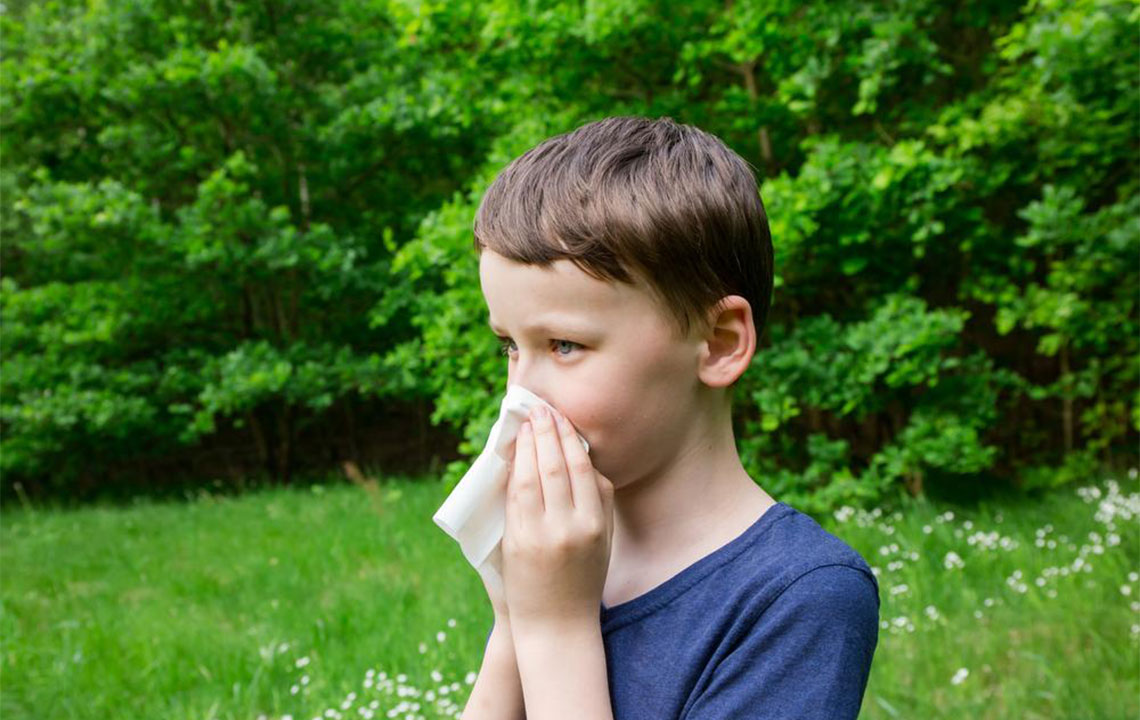
Effective Strategies for Managing Pollen Allergies
Millions of people across the United States experience pollen allergies, leading to symptoms like sneezing, runny nose, coughing, wheezing, and itching. These allergic reactions result in global expenses exceeding $6 billion annually due to prescribed treatments. Since pollen allergy is a chronic condition, symptom management is the primary approach, as no permanent cure exists. While medications can alleviate symptoms, they often cause drowsiness and fatigue, affecting daily activities.
Finding a solution that relieves pollen allergy symptoms without side effects is essential. The key is understanding pollen's role and how to minimize exposure to reduce allergic reactions.
What exactly is pollen, and how does it trigger allergies? Pollen consists of tiny, powdery particles produced by flowering plants, grasses, and weeds, facilitating plant fertilization. Not all pollen causes allergies—those from grasses and weeds like ragweed are the main culprits. Even if your yard is free of pollen-bearing plants, airborne particles can cause symptoms. For example, ragweed releases around a billion pollen grains that can travel over a mile, causing widespread discomfort.
How to Reduce Symptoms During High Pollen Counts?
The most effective relief involves consistent medication use before pollen levels rise. Pollen triggers immune responses, releasing chemicals like histamine that cause sneezing, itching, and nasal congestion. antihistamines work by blocking histamine receptors, preventing allergic symptoms. Regular medication can suppress these reactions and keep symptoms at bay.
Understanding how allergy medicines work is crucial. They prevent histamine release, controlling allergic responses. However, antihistamines don't reverse existing symptoms like a stuffy nose—only prevent future reactions. Starting nasal corticosteroids about two weeks before pollen season can provide additional prevention. The American Academy of Allergy, Asthma & Immunology recommends these medications to stabilize your immune system and minimize pollen effects.
Various treatment options include over-the-counter drugs, prescription antihistamines, combination decongestants, and allergy immunotherapy (allergy shots) if necessary. Managing pollen allergies effectively often requires a comprehensive approach.
Quick Relief Methods for Pollen Allergies
If symptoms appear suddenly, saline nasal sprays can flush pollen from nasal passages, reducing symptom severity. They also lower immune chemicals like IgE responsible for allergy reactions. If symptoms persist, seeing a healthcare provider for allergy testing and potential immunotherapy might be helpful. Completing prescribed treatment courses ensures optimal allergy management and reduces long-term sensitivity.

